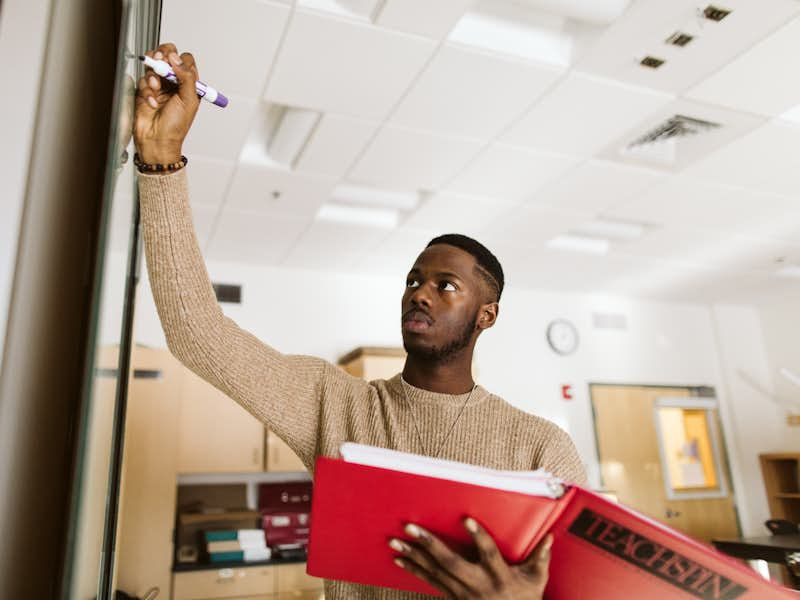Overview
Got an insatiable curiosity about how and why things work? Or maybe you have an undeniable appreciation for the complexity of our universe. Come ask deep questions, demand creative solutions and prepare for a successful physics backed vocation with our physics major.
With two degree options—Bachelor of Arts or Bachelor of Science—you can tailor your education to achieve your career goals. If you plan to lean fully into the liberal arts at Gordon (including a double major or study abroad semester), the B.A. could be right for you. Our B.S. degree will prepare you for graduate studies or a career in industrial or applied physics.
Why study physics at Gordon?
Physics is critical to understanding and advancing our world, and among colleges for physics, Gordon is a great choice. As a physics major, you’ll participate in a yearlong research project—an opportunity to dive deeper into an area of interest in our state-of-the-art lab facilities with a dedicated faculty mentor.
As you prepare to develop groundbreaking technologies or push back the boundaries of physics, you’ll also be part of a close-knit community that gathers for shared meals, cheers on first-year students in our annual Robotics Competition and always has fun projects in the works.
What can Christians bring to physics?
Christians in the field of physics often develop a deeper appreciation for the beauty, order and complexity of God’s physical creation. From the exploration of what keeps our planets in orbit to investigating cause and effect in the natural world, Christian physicists can bring a unique perspective by incorporating their Christian worldview with rational thought.
| Degree | Bachelor of Arts, Bachelor of Science, Minor |
|---|---|
| Program Level | Undergraduate |
| School | School of Science, Technology and Health |
| Program Format | In-Person |
Learn more
Enter your information and an admissions counselor will be in touch!
By providing your mobile number, you agree to receive calls and text messages from Gordon College, which may be powered by AI. Message frequency varies. Message & data rates may apply. Reply HELP for help or STOP to cancel. Terms of Service and Privacy Policy
Courses
Physics Courses
-
Degree Options
Experiential Learning
Explore other learning opportunities like:
- Research Experiences for Undergraduates (REU)
- Industry internships
- Our APS Chapter - Society of Physics Students
- Sigma Pi Sigma
Apply to Gordon
Take the first step toward a nationally ranked Christian liberal arts education.
Scholarships
We’re committed to working with you to make college accessible. Gordon offers a wealth of generous scholarships to lower your cost of attendance.
Faculty
Faculty
Nationally recognized, personally focused
Gordon faculty are committed Christians, exceptional scholars, and catalysts for transformation—both in their fields and in the lives of the students they teach.
Careers
Life after Gordon
What careers can I pursue with Physics?
You will be prepared to pursue top-notch graduate programs in physics, and to make significant contributions in a variety of careers, including:
- Physicist
- Research Scientist
- Medical Physicist
- Radiation Therapist
- Geophysicist
- Astrophysicist
- Nuclear Engineer
- Aerospace Engineer

Interested in teaching physics?
Explore Gordon's pathway for Middle/Secondary School Education.



